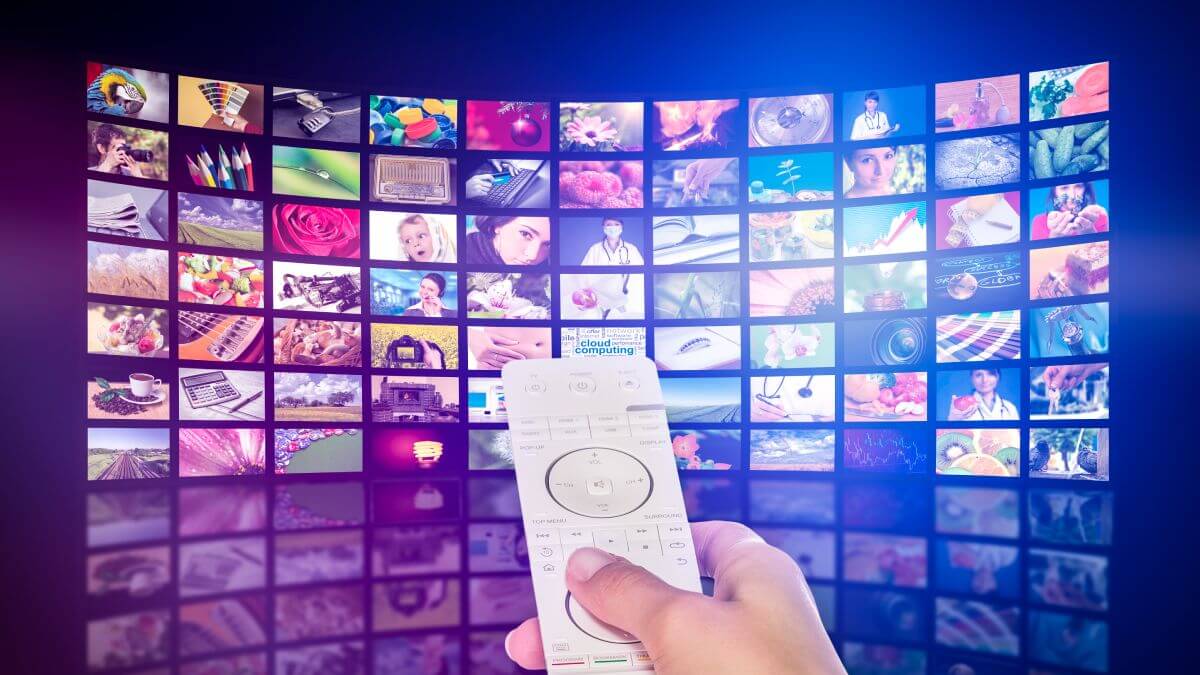Televisions have come a long way in the past 50 years. Back in the early ’70s, your viewing pleasure came in two colours – black and white. And programs? A choice of four if you were lucky enough to live in a capital city. Now, colours and channels abound, and you can choose when to watch your favourite show. For this, we have smart TVs to thank. But have smart TVs now gone too far?
For all the pleasure they give us, smart TVs are now taking from us as well. What are they taking? Data – specifically data about ourselves.
The collection process starts almost from the moment you bring your shiny new smart TV home. Setting up your television in 1973 was probably as simple as plugging it into the electric socket and attaching the aerial cable.
Today, it’s a bit more involved. From the moment you first switch on your new smart TV, you’ll be taken through a number of steps. Ostensibly, these are to help enhance your viewing experience.
But the process can feel a bit like an interrogation at times. Will providing your credit card details and email address really help your smart TV provide more enjoyment? Highly doubtful.
That’s not to say there aren’t some advantages in providing your data through your smart TV. Collecting information about your viewing habits does allow smart TVs and subscription services to direct you to other similar programs.
You may have noticed, for instance, a message along the lines of, ‘People who viewed this program also viewed these.’ This will typically be followed by a list of other shows that may interest you.
Of course, the collection of such data also allows smart TVs and associated services to tailor advertising to your interests. And manufacturers do share data with third parties.
Does it really matter if your smart TV collects your data? And can you prevent it from doing so?
The short answer to the first question is probably not. But the answer can change dramatically if there’s a data breach, and they do happen. Take last year’s cyber attack on Optus, for instance. The resultant data breach required new driver’s licences to be issued to the company’s many Victorian customers.
Answering the second question isn’t quite so easy. There are two hurdles to overcome here. The first is finding the part of your smart TV’s menu that might allow you to adjust your data-sharing preferences. Different brands will have different menus, but you can be fairly sure that finding data-sharing settings won’t be easy.
If you manage to clear that hurdle, the next one will require you to figure out what effect changing your data privacy settings will have. For example, not providing an email address may prevent you from using certain streaming services.
If data privacy is important to you, take the extra effort and time to learn about your smart TV’s settings.
That will give you at least some chance of getting the best out of your smart TV without giving away your life story.
Also read: ‘RentTech’ puts Australian renters’ data at risk


I’m sure they will die of boredom spying on my life.